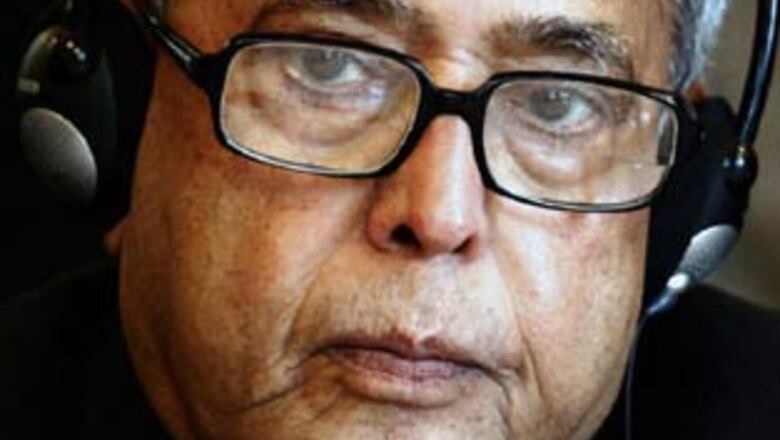
views
Bangalore: The government opposes tighter monetary policy to curb rising food prices as this would hit economic growth, Finance Minister Pranab Mukherjee said on Saturday.
Inflationary pressures have been building in recent months, exacerbated by a poor monsoon pushing up food prices, and economists and the government expect wholesale price inflation to top the central bank's 5 per cent forecast for the fiscal year ending March.
"To prevent the adverse impact of the rising prices of essential commodities, we are encouraging imports where there is short supply," Mukherjee told reporters on the sidelines of a conference. "These measures we are taking, but at this point of time, I cannot accept the dear money policy or credit curbing because that will have an adverse impact on overall growth."
The wholesale price index rose in annual terms in early September for the first time in three months, adding pressure on the central bank to speed an exit from easy monetary policy.
The food articles sub-index rose an annual 15.4 per cent, up from the previous week's 14.8 per cent rise, as a drought parched nearly half of India's districts, hurting summer crops.
The rise in food prices has put pressure on India's Congress party-led coalition government, which was re-elected this year partly on the back of its pro-farmer policies. It faces three state-level elections next month.
Officials have said food stocks are comfortable after good harvests in recent years, which will help to mitigate the drought.
Mukherjee said that withdrawing a stimulus package would take some time, and the government would take into account economic growth in the next few quarters before doing so. "We shall have to wait for some more time because I am watching the situation carefully," he said.
Private economists expect the central bank to begin retreating from easy monetary policy towards the end of the fiscal year. The first shift could be withdrawing some of the extra liquidity in the banking system or increasing banks' reserve requirements, rather than raising interest rates.
India's economy grew 6.7 per cent in 2008/09, slower than rates of 9 per cent or more in the previous three years, and policymakers expect growth to slow towards 6 per cent in 2009/10 due to lower farm output.













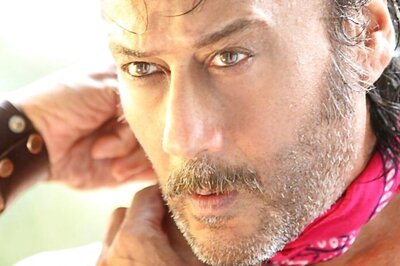
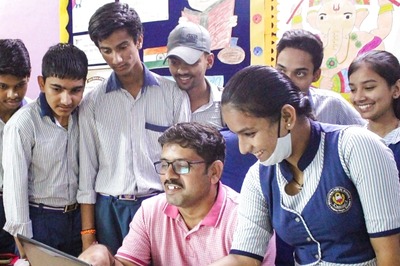

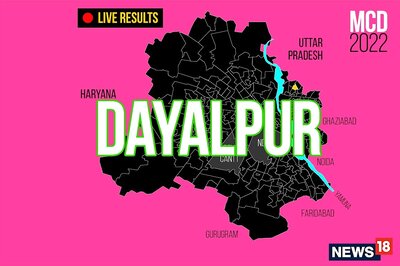
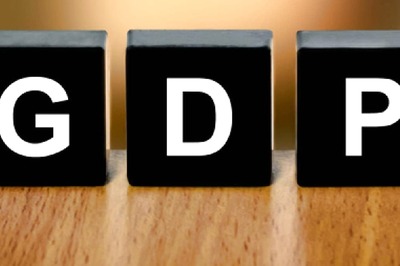


Comments
0 comment